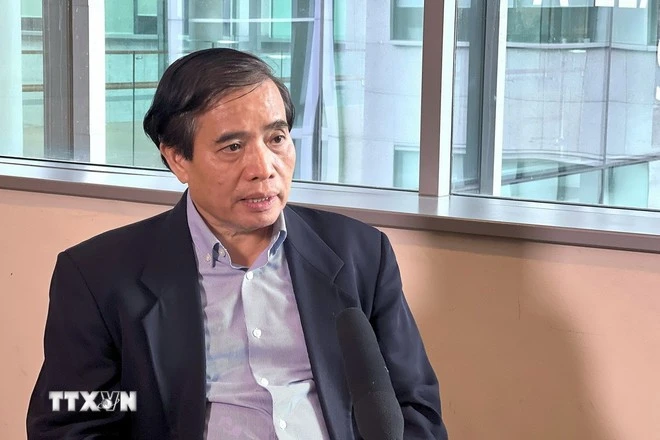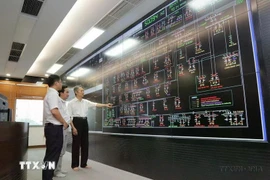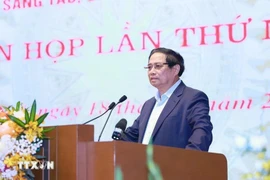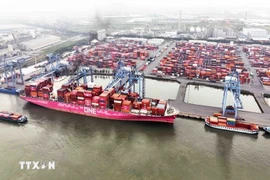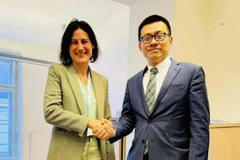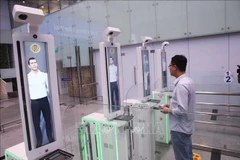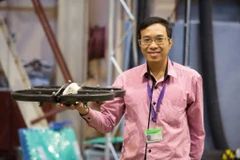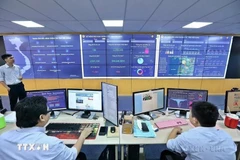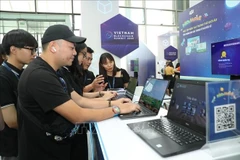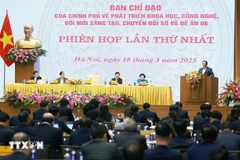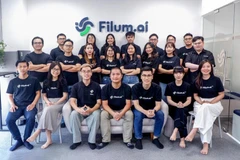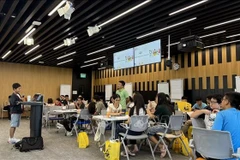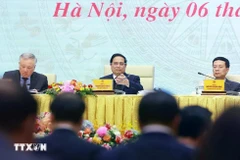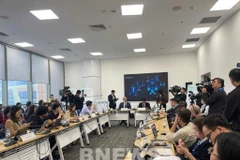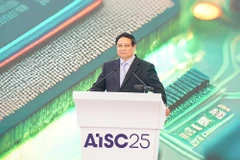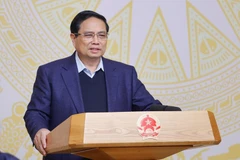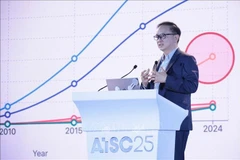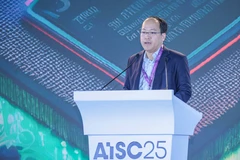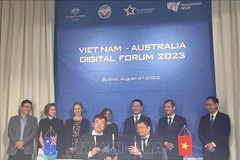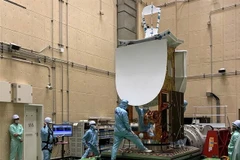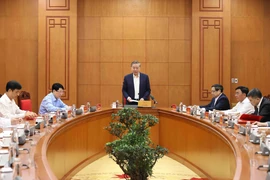Singapore (VNA) – The Politburo's Resolution 57-NQ/TW could catapult Vietnam past the middle-income trap by hinging its future on science, technology, and digital revolution, said Prof. Vu Minh Khuong from Singapore’s Lee Kuan Yew School of Public Policy.
Talking to the Vietnam News Agency, Khuong said science – technology not only drives innovation but also demands a fundamental shift in mindset, particularly in national governance, aligning with global trends and resulting in management and administrative overhaul.
Commenting on the targets set for 2030 and 2045 in the resolution, which is on making breakthroughs in the development of science, technology, innovation, and national digital transformation, he urged more specific and tangible goals to be set to make the resolution relevant to the public.
For public services, he suggested setting clear goals such as reducing processing times by half or two-thirds, or even shifting fully online. In industry, a clear roadmap should outline when Vietnam’s industries will match the levels of Malaysia, Thailand, China, Germany, or Italy by 2030 and 2045, backed by highly capable leaders and strict annual and five-year progress checks.
By embracing artificial intelligence (AI) across all sectors, Vietnam could excel as a world-class medical hub or a drone technology leader. With drones poised to yield tens of billions of USD soon, Vietnam’s digital and engineering strengths position it to tap this booming sector.
Drawing from Singapore’s digital transformation and innovation journey, Khuong highlighted the city-state’s proactive funding strategy. Singapore provides State budget support for businesses to test and develop new ideas on a co-investment basis, fostering a culture of trust and minimising unnecessary doubts. Its Government focuses on transparency and post-audit oversight, allowing industry associations to manage their funds responsibly. More importantly, Singapore recognises that not every project will succeed, but as long as some deliver significant value, the overall strategy remains effective.
For a diverse and quality workforce, educational models in schools must be highly flexible and meet world-class standards. Khuong praised Singapore’s strategy of investing in top experts to teach – even if it comes at a high cost – as a model worth emulating. These experts don’t just educate a few, they inspire and train hundreds or even thousands, creating ripple effects across entire industries.
Demand-driven education is equally critical. If a company requires 300–500 workers, the Government should co-invest in training double that number, thereby supporting existing businesses and attracting new investments.
In his view, success hinges on identifying and empowering the right leaders, whether they’re local talents or international experts, to spearhead these efforts. A crucial first step is building a comprehensive database of specialists across semiconductor, biotechnology, healthcare, and AI. From there, Vietnam can allocate dedicated budgets and resources to support targeted initiatives./.
